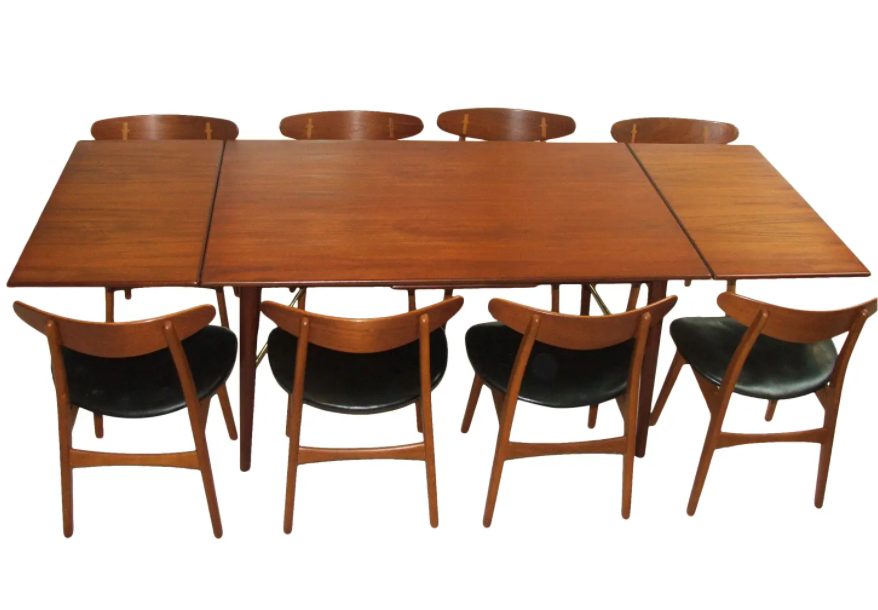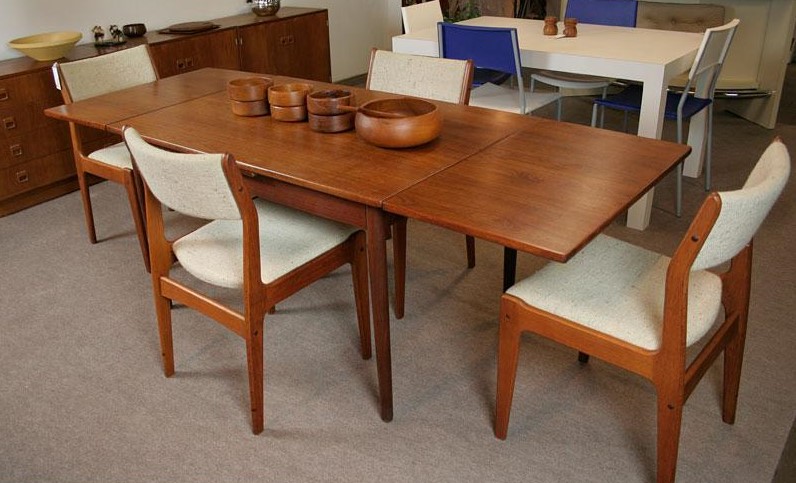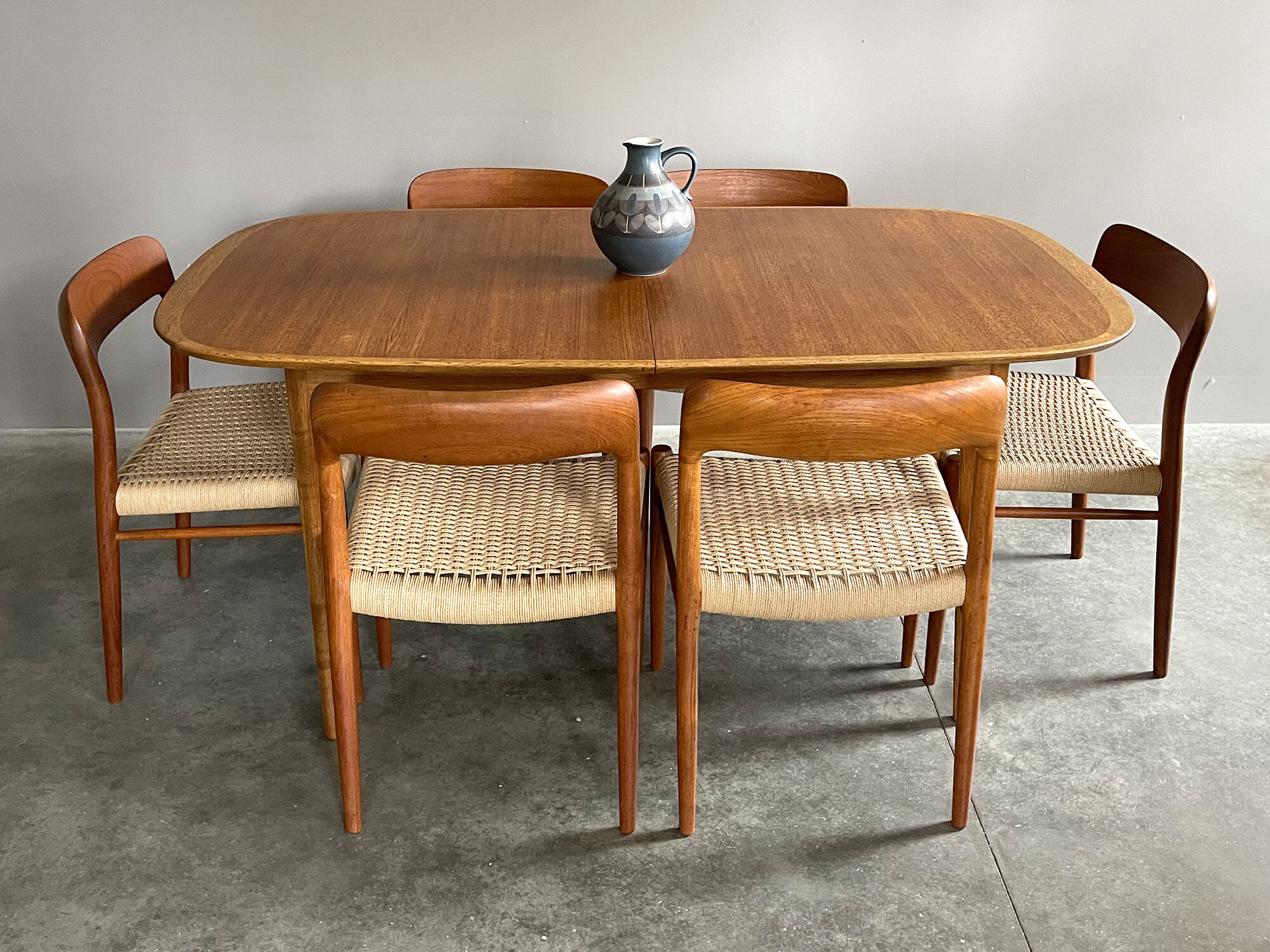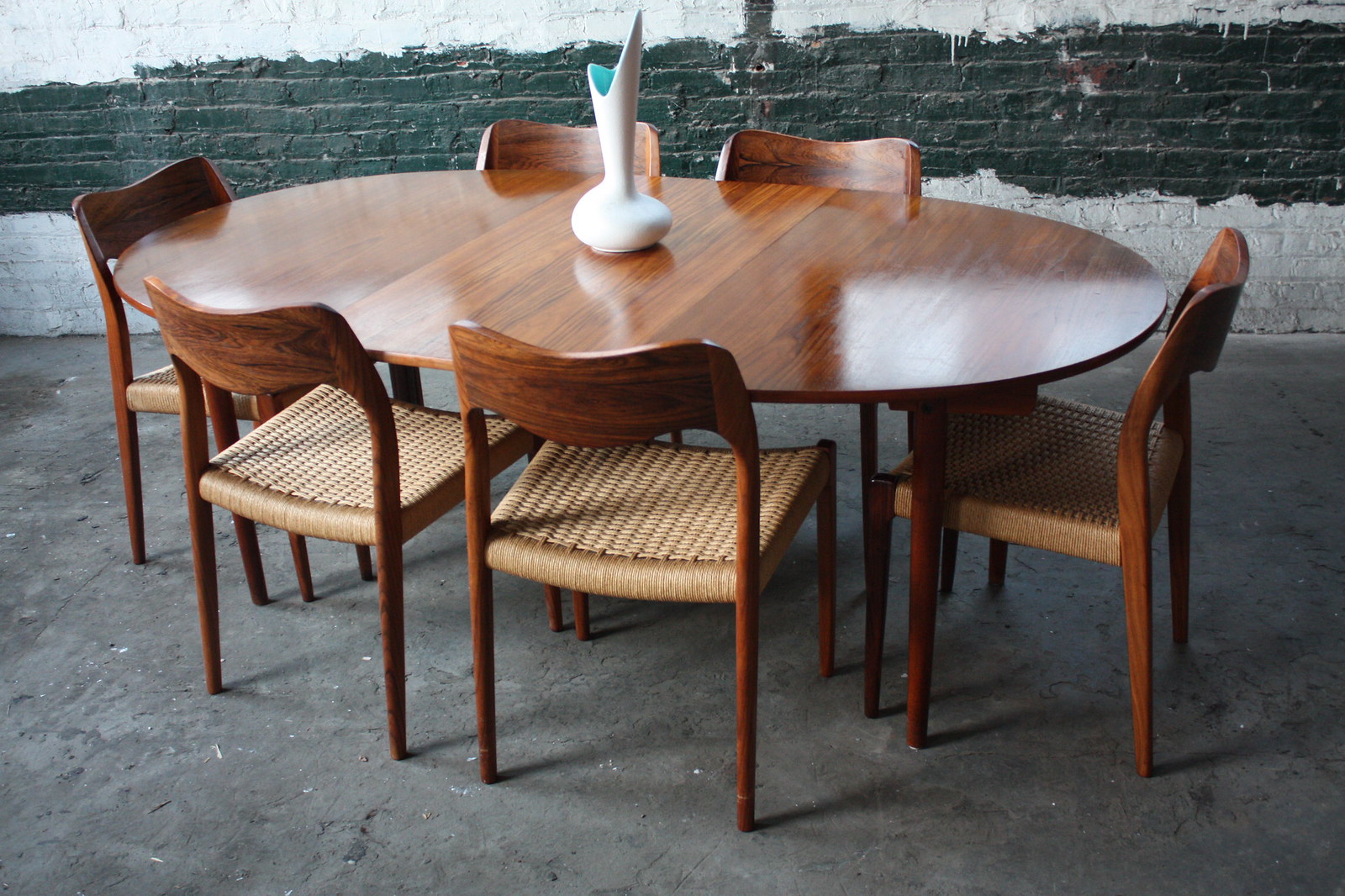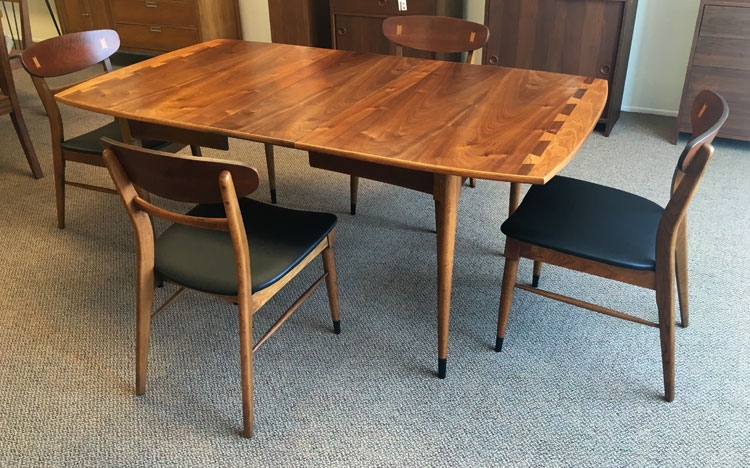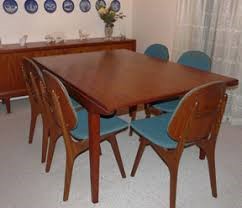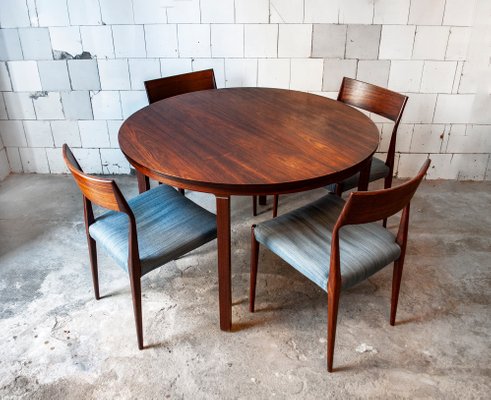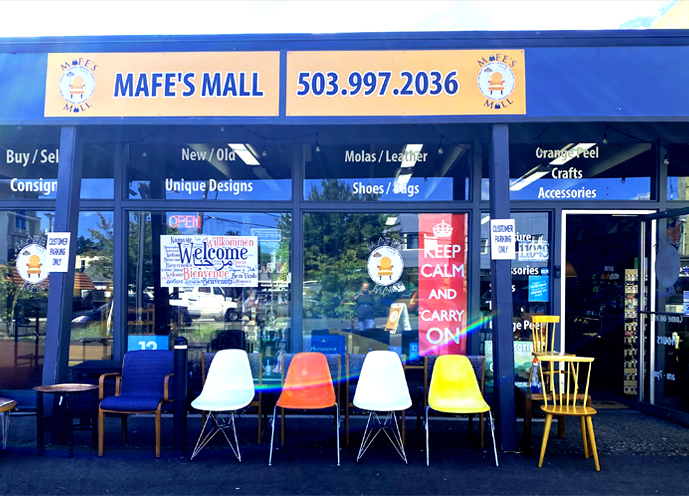
At Mafe's Mall, our mission is the same as M&M Creative
Upholstery, to deliver our customers the best products and services
in the Portland/Vancouver area and beyond. Mafe's Mall strongly
supports and welcomes all entrepreneurs, artists, collectors,
crafters, of all ethnicity, this is why we have opened our doors to
all.
We serve as a bridge between our sellers and customers, always
focusing in deliver to both of them the best services and quality
products. Mafe's Mall is more than a store is a book with many
stories that get written every day, we not only support local artist
we open the opportunity for manufactures of different goods around
the world ,to sell in our store.
We will bring their products and deliver to your door step..

Kuna (or Guna) Indians are the indigenous people who live on small
coral islands in the San Blas Archipelago along the Atlantic coast
of Panama and Colombia. They were driven westward in the 16th
century from their original home in Colombia by invading Spanish
colonizers and similar migrations of other Indian
tribes,
notably the Wounaan and Embera. They first moved into the
Darien Rainforest, then towards the coastal Mainland of Panama,
and by the 19th century they had begun to move out to the islands
where they now live in the semi-autonomous region called Yala
Guna.
 The Wayúu, a
tribe located in northeast of Colombia, and the northwest of
Venezuela, are the largest indigenous community in Colombia where
they inhabit the region called La Guajira, enduring the harsh
conditions of the semi-arid ecosystem. As a tribe, they are not
subjected to political frontiers and are able to move freely
between both countries, acting semi-nomadic. Never conquered by
the Spanish, throughout the 17th century the Wayúu fought against
the occupiers and became known as a fierce tribe. Their tenacity
enabled them to preserve their traditions, especially through
their language Wayuunaiki, which remains largely spoke although
the newer generations speak both Wauunaiki and Spanish. As other
indigenous tribes, the Wayúu have experienced discrimination
and oblivion from the governments of Colombia and Venezuela, the
first one only recognizing their presence and territory until the
constitution of 1991. Wayúu are best known for the beautiful and
colorful crochet textiles created by women. They even have a
popular saying: “To be a woman is to know how to weave.”
The Wayúu, a
tribe located in northeast of Colombia, and the northwest of
Venezuela, are the largest indigenous community in Colombia where
they inhabit the region called La Guajira, enduring the harsh
conditions of the semi-arid ecosystem. As a tribe, they are not
subjected to political frontiers and are able to move freely
between both countries, acting semi-nomadic. Never conquered by
the Spanish, throughout the 17th century the Wayúu fought against
the occupiers and became known as a fierce tribe. Their tenacity
enabled them to preserve their traditions, especially through
their language Wayuunaiki, which remains largely spoke although
the newer generations speak both Wauunaiki and Spanish. As other
indigenous tribes, the Wayúu have experienced discrimination
and oblivion from the governments of Colombia and Venezuela, the
first one only recognizing their presence and territory until the
constitution of 1991. Wayúu are best known for the beautiful and
colorful crochet textiles created by women. They even have a
popular saying: “To be a woman is to know how to weave.”




